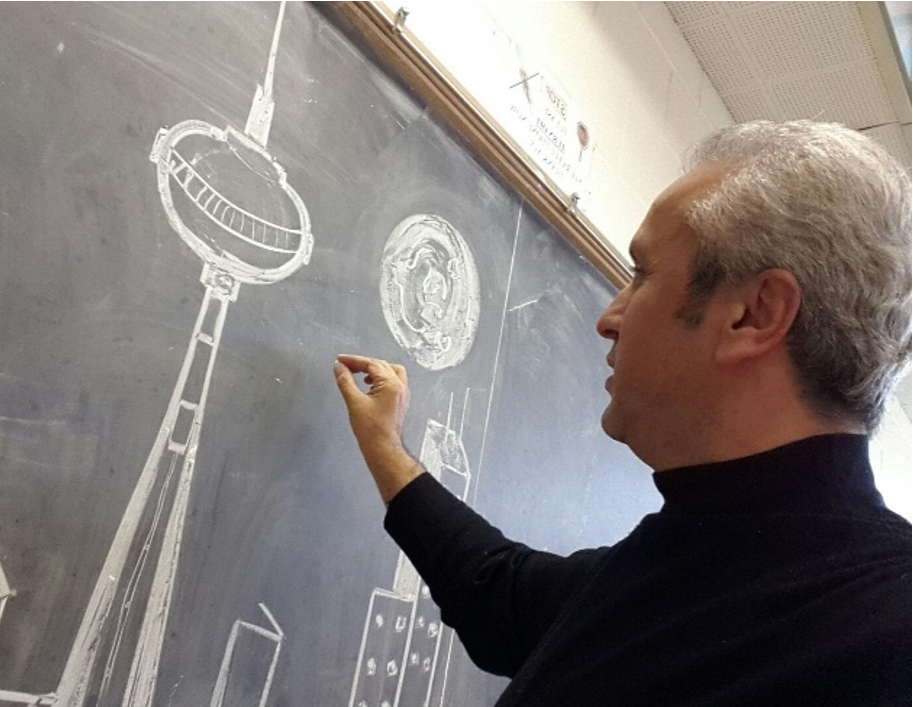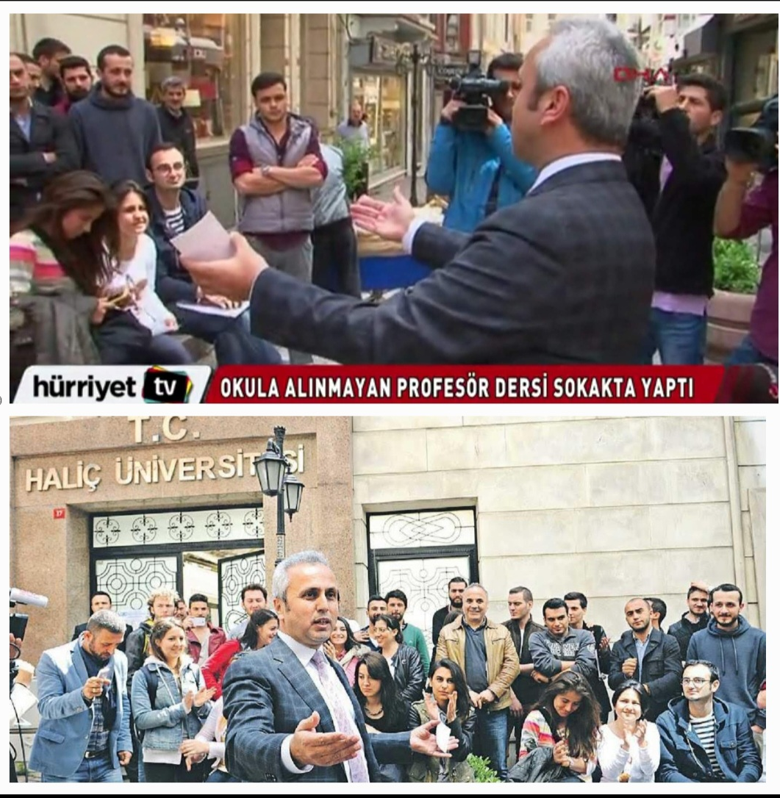Love of Learning
University in the Community: Learning Together
Resilience is one of those words that you hear all the time now. It is often used to describe an individual who has admirably stared down adversity or a community that has overcome misfortune. But it is also used almost as shorthand, a quick and easy way to signal that the challenge, whatever it may be, will be met.
A neighbourhood has suffered from the effects of a tornado. A person has suddenly lost their job. A country has been at war for decades. If the reporting of the event describes those involved as ‘resilient,’ is it a sign that the rest of us should just move along?
A more thoughtful response to understanding the word resilience might be to consider when we use it and why. If you were down and then somehow you rebounded, you might very well be described as resilient. It’s a word that works well for finite activities like games – especially zero-sum games where my win is your loss. This could be because it’s harder to be resilient when the challenge you are facing is one that does not have a short-term solution.
How do we meet the challenges of life’s long in-betweens? Those times like the recent lockdown where we had to struggle to stay connected to friends, to families… and to ourselves? In The Lonely Century: How to Restore Human Connection in a World that’s Pulling Apart (2021), author Noreena Hertz describes loneliness as disconnection from the personal, social and institutional anchors of our day-to-day lives.
Sometimes loneliness might feel as if we are drifting through hours, days, and weeks. It is antithetical to the unrelenting, minute-by-minute updates of ‘breaking’ news. So massive were the numbers of people suffering from isolation during lockdown, in fact, that Hertz describes loneliness as ‘not just a subjective state of mind: [but] a collective state of being.’ (Tara Henly, Globe and Mail, September 6, 2021.)
What if we were to think of time as something that contains but is not limited to ‘the small now’ of short-term thinking?
University in the Community (UitC) is a small, informal, free-of-charge, ten-week program for adults. We are a community of students from different backgrounds and experiences who come together as partners in learning.
This Fall, we will explore how understanding a longer view of time might lead to another way of experiencing life in a large city like Toronto. Could thinking of time as something other than right now encourage us to look out for others, to be generous, to move from what is to what if?
The three articles on this page were written by UitC students. They are representative of the students in the class in that all three writers are committed lifelong learners who read, want to feel connected to this city and the wider world, and enjoy asking questions. In these pieces, one writer answers what is (FAQ on nutrition), one imagines what if (short story), and one asks why (emotions and decisions).
This Fall, UitC will meet on Zoom.
Dates: September 29 – December 1, 2021.
Time: 5:30 pm – 6:30 pm.
If you think you would like to join our program, all you have to do is get in touch!
universityinthecommunity@gmail.com
NOTE: UitC is a non-credit program. We ask that students make every effort to attend classes for the full ten weeks of the term.




